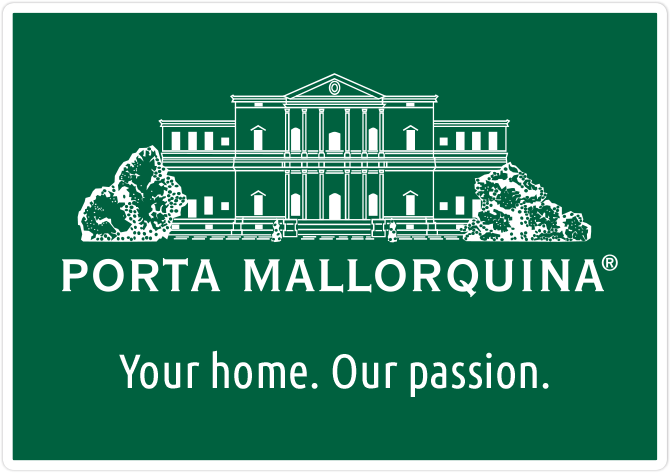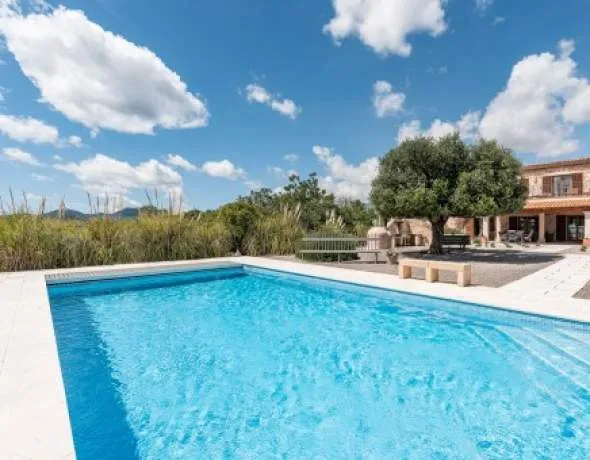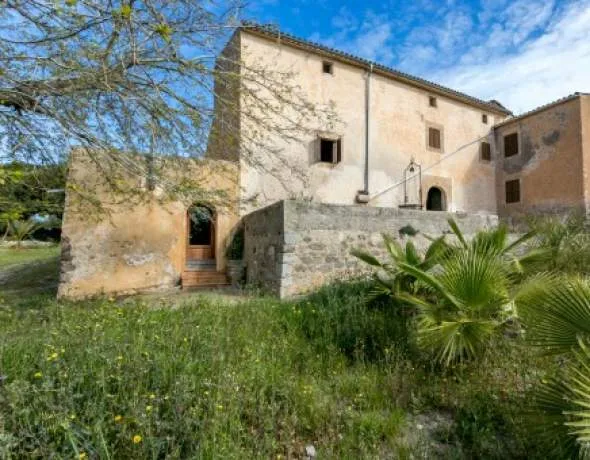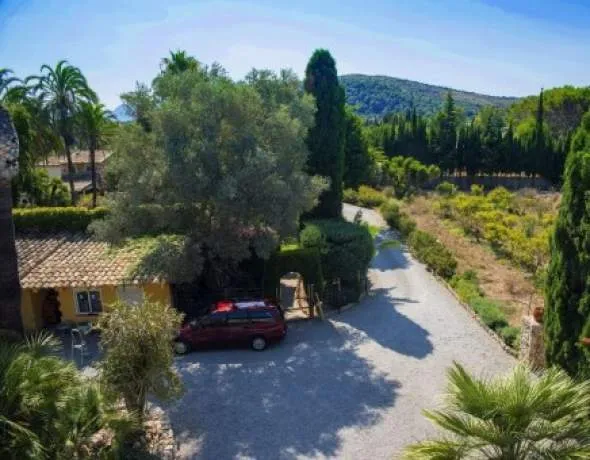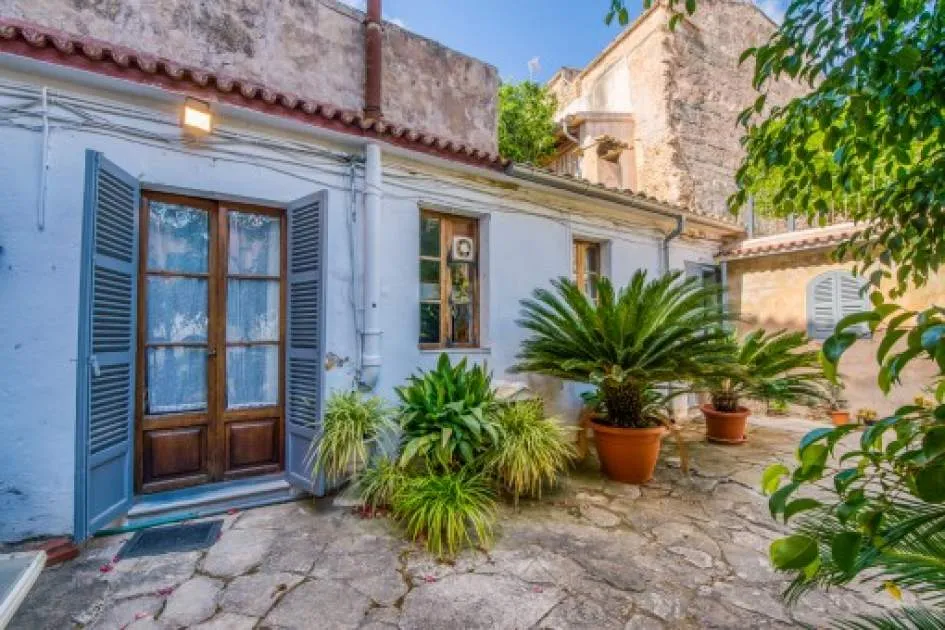
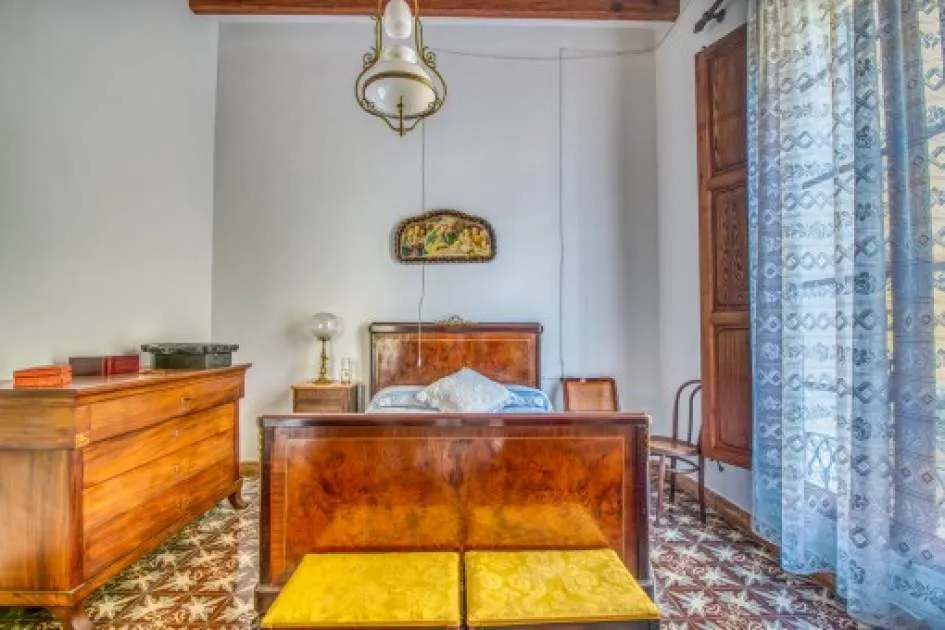
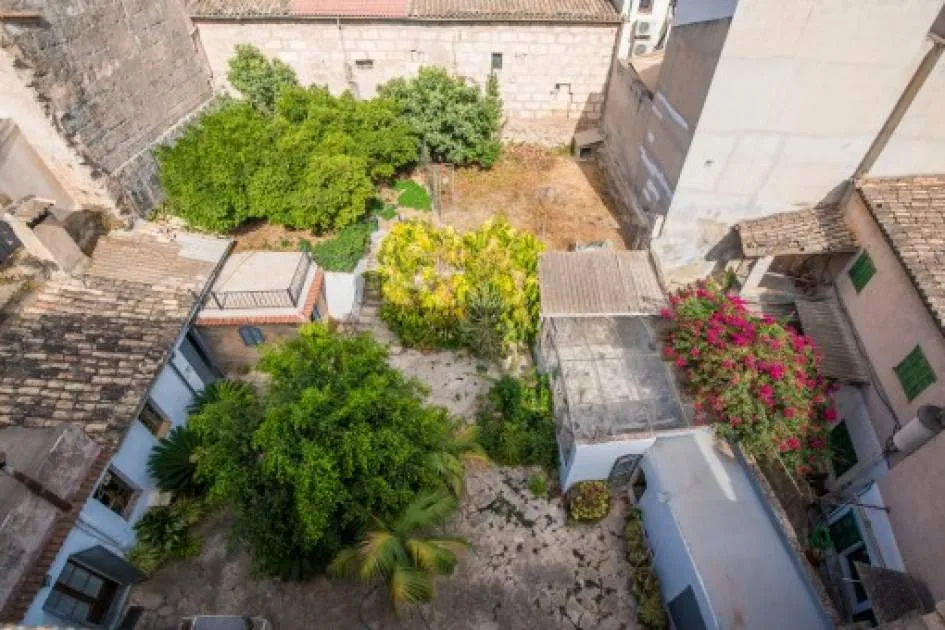
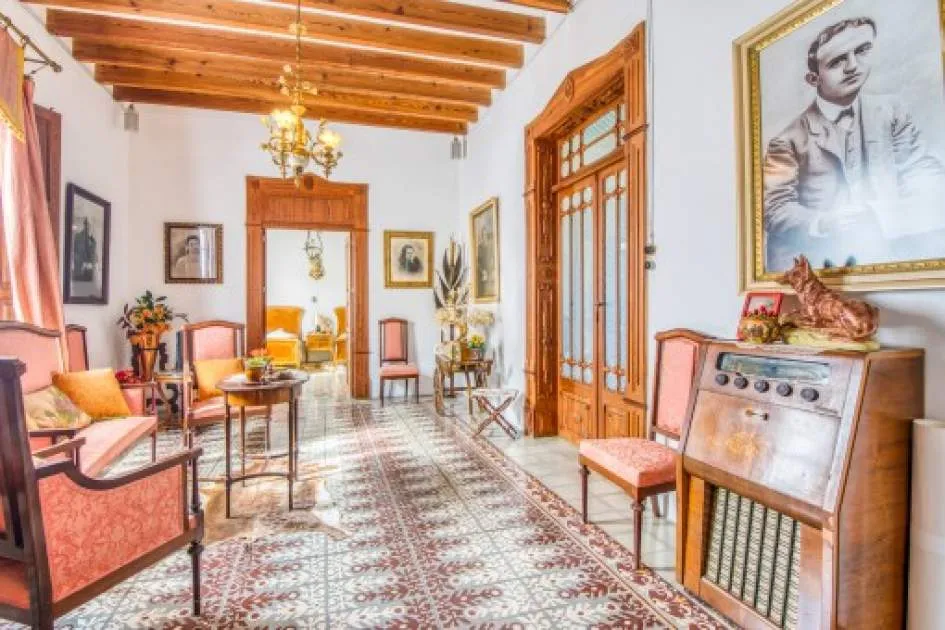
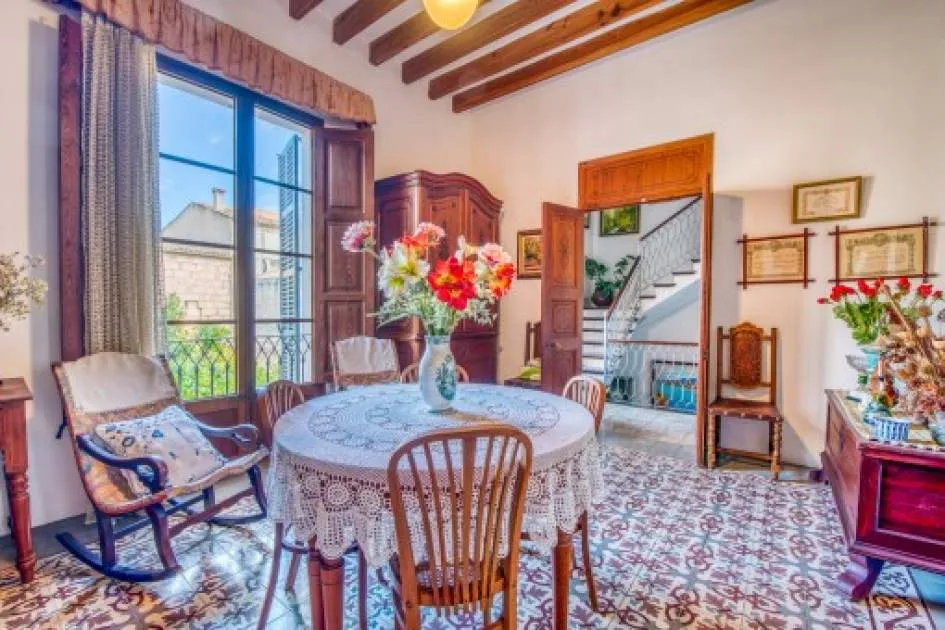
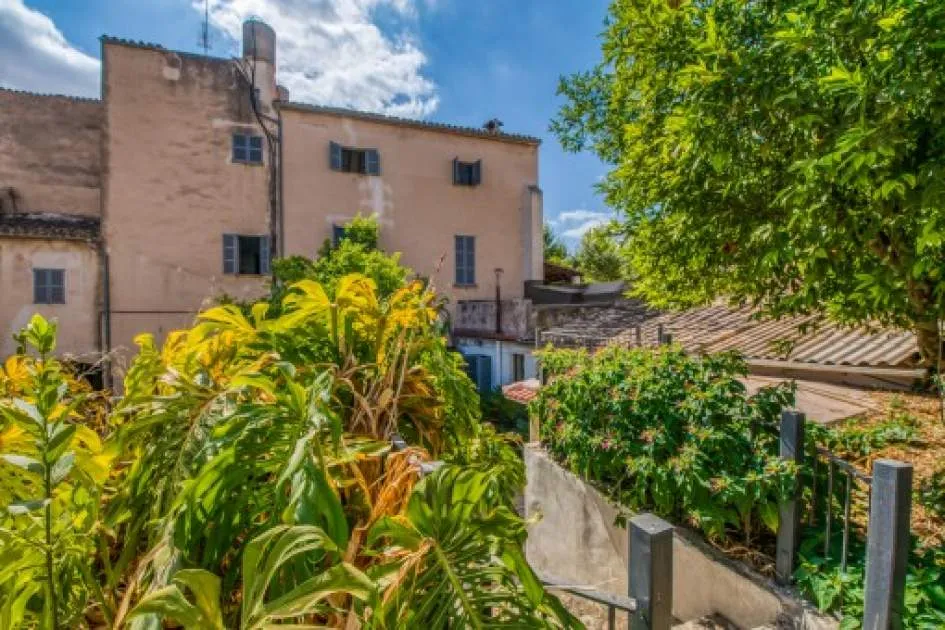
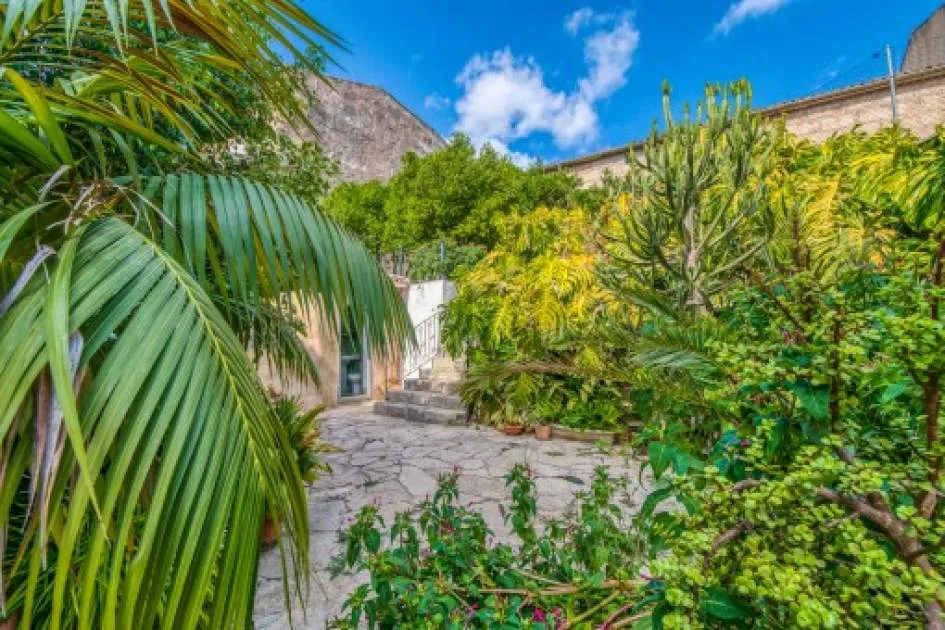
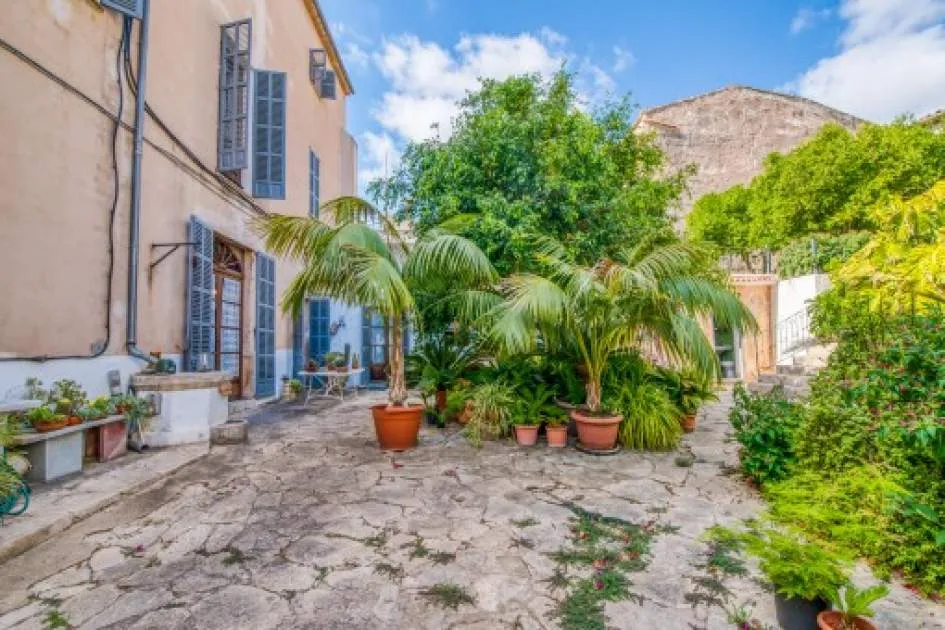
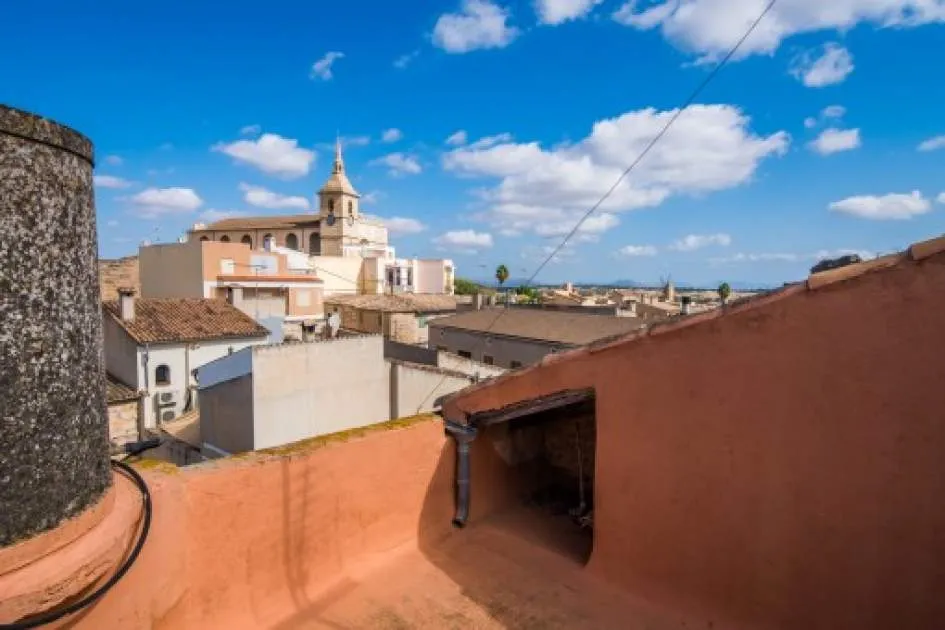
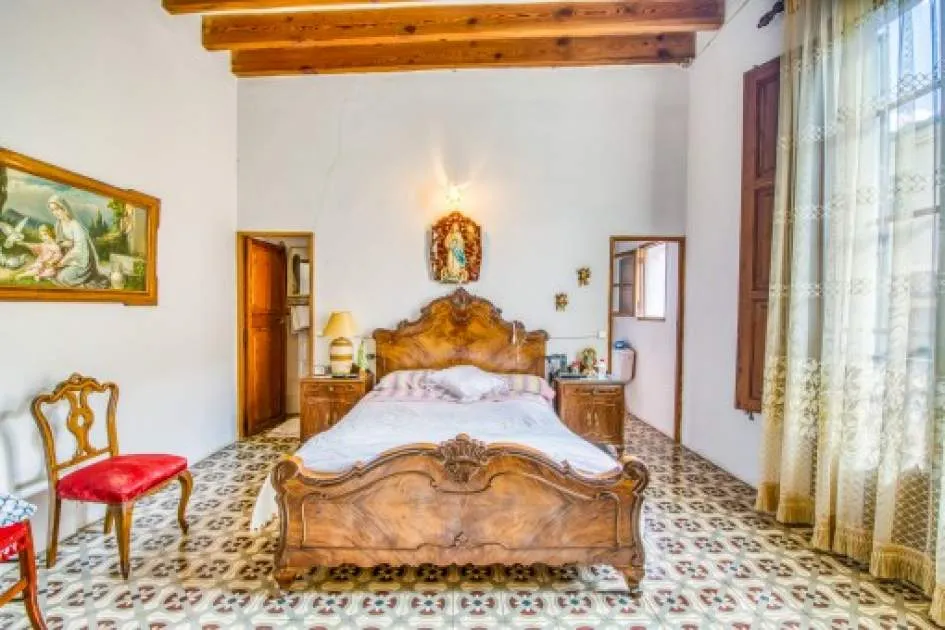
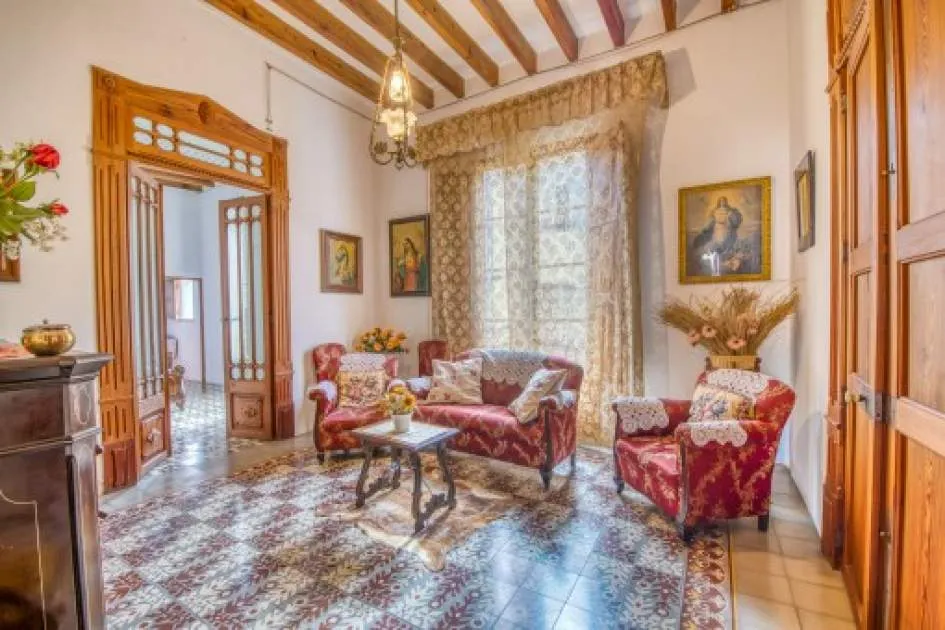
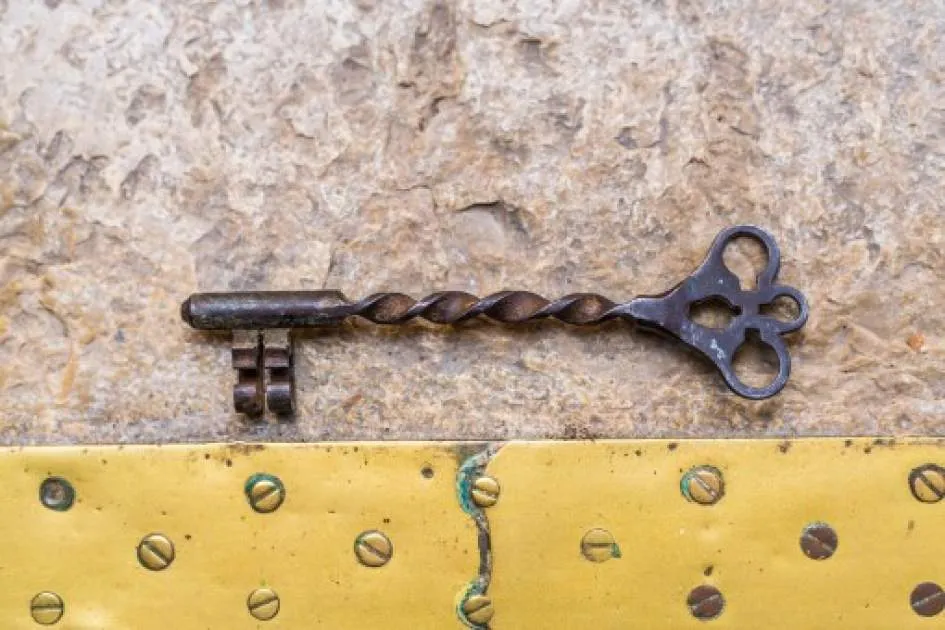
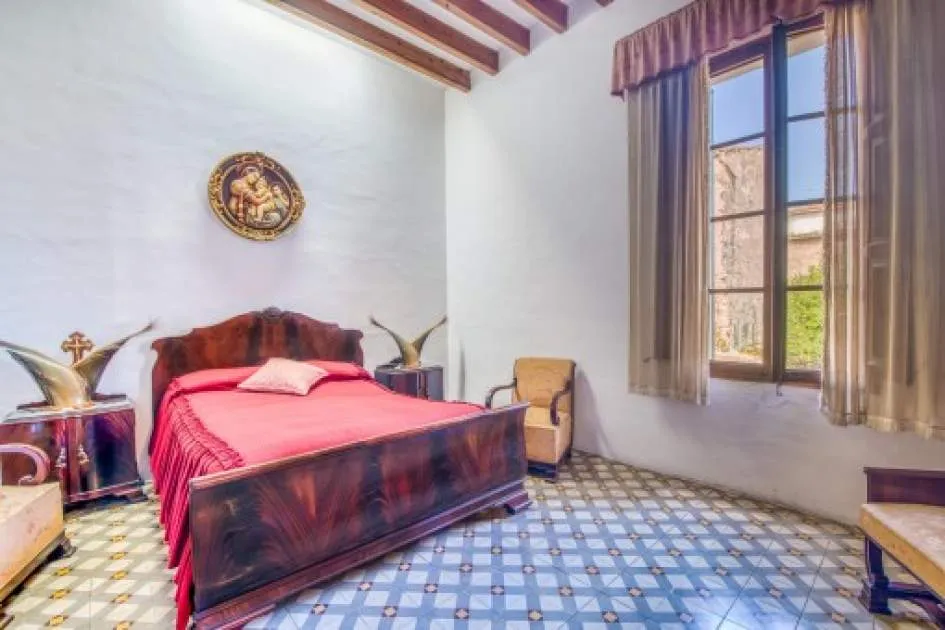
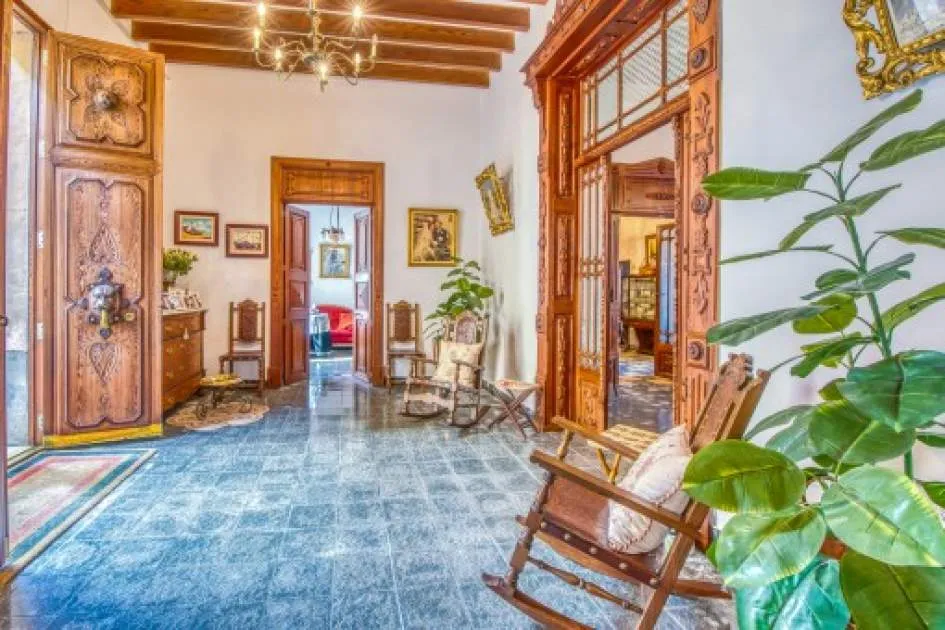
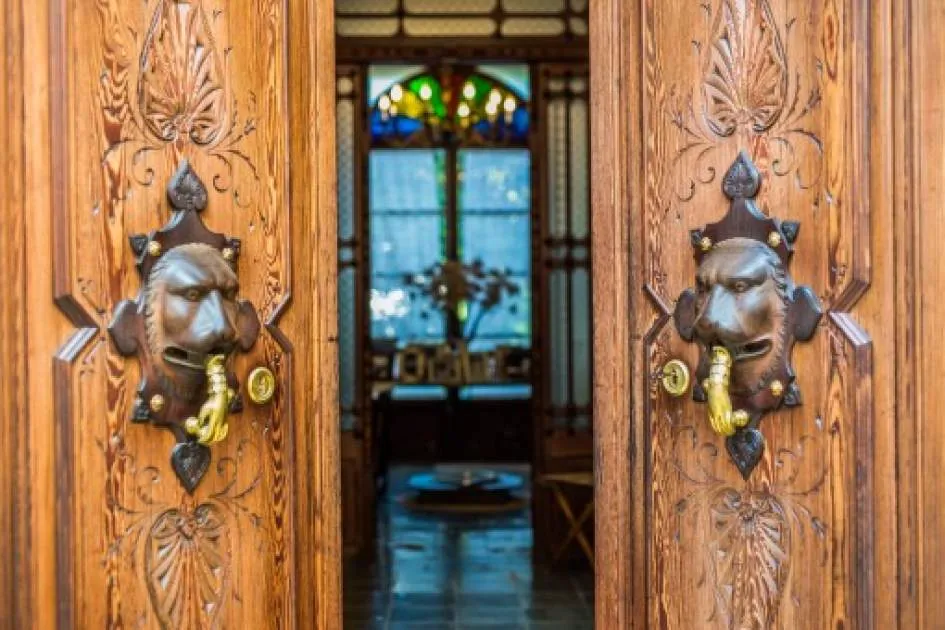


Buy • House • Mallorca • Santa Margalida
Show on mapManor house of the magnate Juan March Ordinas in Santa Margalida
Object No.: 118509
Please complete the following information
Notes
Enter your personal note for this property:Notification
The email was sent successfullyRecommend
Location
Santa Margalida
Provider of this property
Realestate Agent Information
C./ Conquistador 807001 Palma de Mallorca
Phone: +34 971 698 242
VAT ID: B57299356
SIMILAR OFFERS

Mallorca | Calvia
Stylishly refurbished village house in the heart of
|
Buy |
Bedrooms: 4 |
Bathrooms: 4
€1,980,000
 Remember
Remember
1 / 3
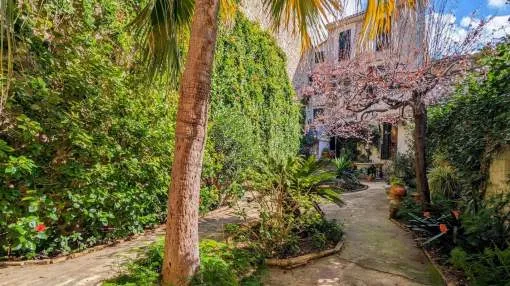
Mallorca | Soller
Spacious manor house with garage within walking distance of the main square in Soller
House |
Buy |
Bedrooms: 6 |
Bathrooms: 3
€1,890,000
 Remember
Remember
2 / 3
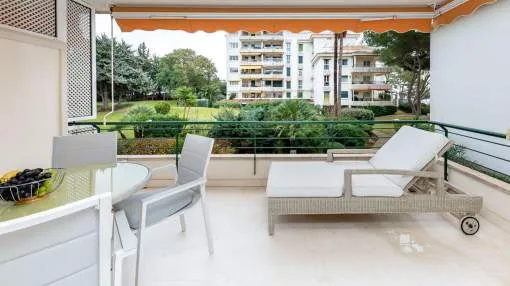
Mallorca | Portals Nous
Attractive apartment walking distance to the beach and Puerto Portals harbour
Apartment |
Buy |
Bedrooms: 3 |
Bathrooms: 2
€1,280,000
 Remember
Remember
3 / 3
